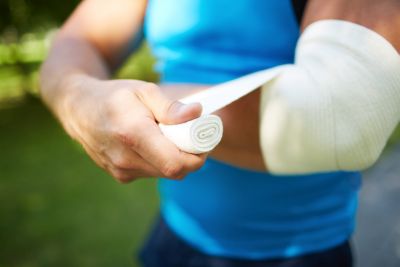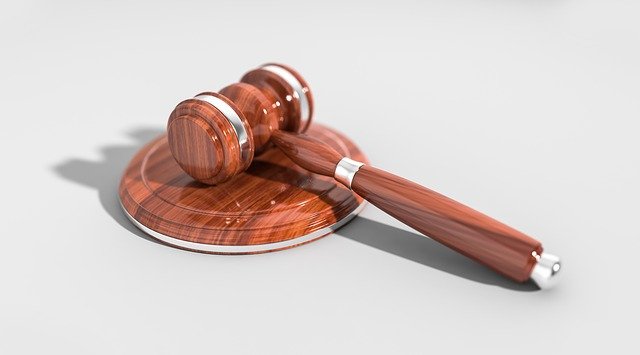How to Collect Evidence in a Personal Injury Claim

Filing a personal injury claim is one thing, and getting compensation is another. You must take the next crucial step of collecting enough evidence to show that you deserve compensation for personal injury.
Otherwise, you might end up spending a lot of treatment and enduring long-term suffering while the party at fault walks away free.
This article will guide you through simple ways to collect evidence to bolster a personal injury claim.
4 Ways to Collect Evidence for a Personal Injury Claim
#1 Take notes and pictures
As soon as the accident happens, jot down all the necessary details. These may include the venue, time, date, party at fault, witnesses, victims, the cause, and the nature of the accident.
Pictures are also relevant because of their persuasiveness. Keithwilliamslawgroup.com personal injury lawyers recommend that you take pics from a scene if you can. This will come in handy when the written descriptions fail to give a mental picture of the accident.
Therefore, photograph the scene, the injuries, bystanders, and victims, etc. Also, after seeking treatment, photograph the healing progress of the injuries you sustained.
#2 Obtain an accident report from local authorities
Did you know that all personal injury cases should be reported to local authorities?
Yes, you should do this and obtain an accident report. You are more like to give superficial information, but the police will provide a detailed format of the accident, highlighting all the information needed in courtrooms.
This report will strengthen a personal injury claim because it also acts as a testimonial if the party at fault decides to accuse you falsely or argue that the accident never happened.
#3 Obtain a medical report
Can you estimate how a fractured spine will affect you and your closest family members in the future? Surely, it isn’t easy. It’s the very reason why a medical report is important. When obtained from a licensed professional, it describes the nature of the injuries, the cost of treatment, and possible effects in the future.
Moreover, medical reports provide information about your pain and suffering, such as nightmares, Post Traumatic Stress Disorder (PTSD) symptoms, side effects of medication, financial worries, excessive dependence, inability to perform daily tasks, and pain, etc. They are quite persuasive that you deserve the compensation you are seeking.
The medical expert report will also help in equating the injuries to equivalent financial compensation.
#4 Preserve evidence
If you didn’t know this, all the receipts you receive after seeking medical help, repairing your car, and from insurers are useful in a personal injury claim. If you have also received a notice of being excused from work because of the injury or if you get fired, don’t toss the papers away.
They can act as evidence hence strengthening your case. One final note is that if someone has died in the accident then you will need to file a wrongful death claim within two years in order to be eligible for compensation.
Final word
Presenting a personal injury claim without proper evidence is more or less a lost cause. However, by collecting the right information and detailing, and with the help of a personal injury lawyer, you are more likely to get the compensation you deserve.






